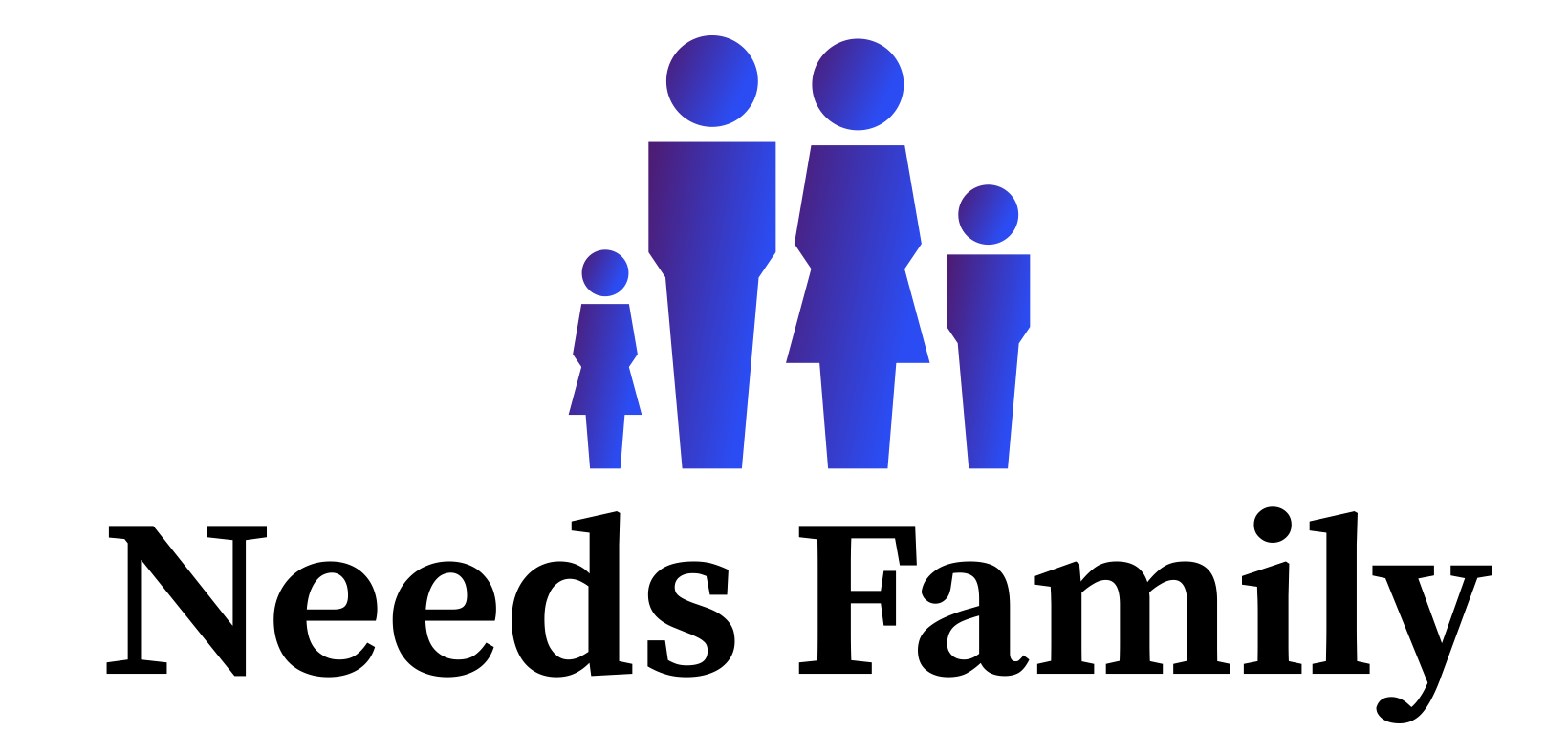Adoption is a life changing process that gives children a new family when they can no longer live with their birth parents. In the UK, adoption legally transfers parental responsibility from the child’s birth parents to their adoptive parents, making them the child’s legal parent.
The adoption process can seem complex, but understanding the steps involved will help prospective adopters feel more confident. Whether you’re in Wales or elsewhere in the UK, this guide will walk you through how to adopt a child and what to expect along the way.
1. Who Can Adopt?
The UK has flexible adoption criteria, it’s accessible to many people. You can apply to adopt a child if you:
- Are at least 21 years old (there is an upper age limit in some rare circumstances).
- Are single, in a civil partnership, married, or in an unmarried couple.
- Are of any sexual orientation, ethnicity, or religious background.
- Have lived in the UK for at least one year before applying.
- Can provide a stable home and meet the child’s best interests.
While financial stability is important, you don’t need to own a home. Local authorities and adoption agencies assess applicants based on their ability to provide a secure and loving environment.
2. The Adoption Process
The adoption process is managed by either a local authority or a voluntary adoption agency and follows a structured path.
Step 1: Initial Enquiry & Adoption Preparation Course
Your journey begins by contacting an adoption agency or social work department. You’ll be invited to an adoption preparation course, where you’ll learn about the realities of adoption, including the needs of adopted children and the role of adoption social workers.
Step 2: Registration & Pre-Assessment (Stage One – Two Months)
If you decide to proceed, you’ll submit an adoption application via a Registration of Interest form. The agency then conducts background checks, including DBS checks, medical assessments, and personal references.
During this stage you’ll begin adoptions learning sessions to prepare for your role as a child’s legal parent.
Step 3: Assessment (Stage Two – Four Months)
Once you pass Stage One, a dedicated adoption social worker will conduct in-depth interviews and home visits to assess you. You’ll discuss:
- Your family and lifestyle.
- How you’ll match children with their needs.
- How you’ll support the child’s identity if they have a different background.
Your adoption social worker will compile a Prospective Adopters Report which will be presented to the adoption panel. This independent panel advisor will make the final decision on your suitability.
Step 4: Matching with a Child
Once approved, your agency will help you match children with the right adoptive parents. This stage involves:
- Learning about a child’s history.
- Meeting the child in short stays before child moving into your home.
The goal is to find the right child for you while ensuring the adoption is in the child’s best interests.
Step 5: Placement & Legal Adoption Order
After being with the child for a while, they will move in with you. During this time:
- Social workers will visit regularly to monitor the child’s transition.
- You’ll receive support and training to help the child settle.
- After at least 10 weeks you can apply for an Adoptions Order, which makes you the child’s legal parent.
Once granted you have the same rights and responsibilities as a child’s birth parents.
3. Post-Adoption Support
Adoption is a lifelong journey and adopters often need support. Services available include:
- Counselling and support groups for adopted people and adoptive parents.
- Therapeutic support for children with trauma backgrounds.
- Financial support, such as adoptions allowances.
If things get tough social services can offer advice and more information.
4. Adopting a Child from Overseas (Intercountry Adoption)
Some people choose intercountry adoptions, where you adopt a child from a particular country outside the UK. The process involves:
- Ensuring the child can’t be adopted in their home country.
- Meeting UK and foreign adoptions laws.
- Working with a UK based adoptions agency to facilitate the process.Because of the legalities intercountry adoptions can take longer and is only approved in very rare cases.
5. Fostering to Adopt
Some children are placed with foster carers before adoptions is finalised. This is called Fostering for Adoptions which can reduce the number of moves a child makes. But in rare cases a child can be returned to birth parents before an adoptions order is granted.
6. Adopting a Child You Know
You can adopt a family member like a niece, nephew or grandchild. But social services will assess if this is in the child’s best interests.
Conclusion
Adoption in the UK is a structured but rewarding process that gives children the chance to have a stable and loving family. Whether you’re looking for adoption in Wales, England or elsewhere in the UK, understanding how it works is the first step to giving a child a new home.
For more information get in touch with your local authority, an adoptions agency, or organisations like St David’s Adoptions. They can offer support, training and advice throughout.
